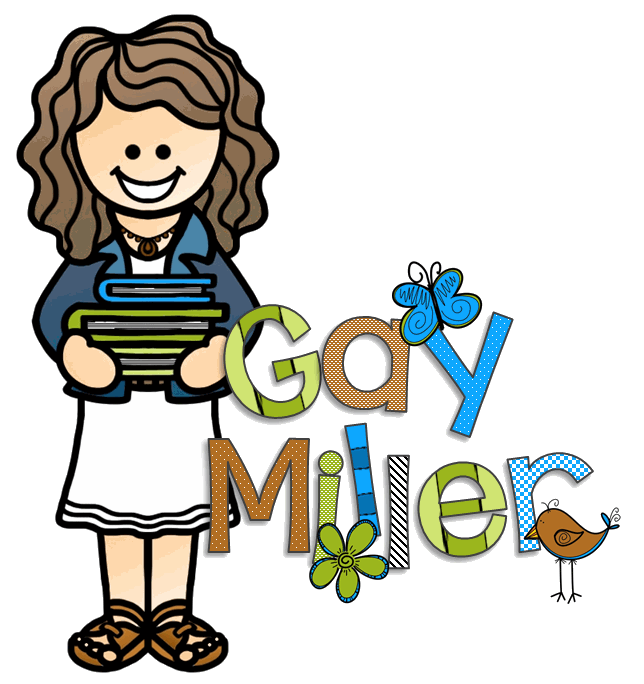
Teaching suffixes doesn’t have to be dull. This post provides hands-on and digital materials, including organizers, puzzles, videos, anchor charts, Google Slides, and PowerPoints.
These activities will help your upper elementary students expand their vocabulary, strengthen their decoding skills, and gain confidence when encountering new words.
Lesson Handout
And don’t forget, there’s a free handout with all the rules, organizers, and puzzles included. You can get it by clicking the button below.
Why Teaching Suffixes Matters
Mastering common suffixes can give students a huge boost in vocabulary. In fact, just seven suffixes account for 72% of all suffixed words:
- -s/-es
- -ed
- -ing
- -ly
- -er/-or
- -ion/-tion/-ation/-sion
- -ible/-able
Teaching these essential suffixes equips students with tools they’ll use daily in reading and writing.
Rules for Teaching Suffixes
-able / -ible (can be done)
Rule 1: Use -able with root words that can stand alone.
Examples:
enjoy → enjoyable
value → valuable
like → likable
perish → perishable
Rule 2: Use -ible with root words that cannot stand alone.
Examples:
ed → edible
poss → possible
invis → invisible
terr → terrible
-ion / –ation / -sion / -tion (act of / state of / result of)
Rule 1: Use -sion if the suffix is pronounced “ZHUN.”
Examples:
collision
conclusion
Rule 2: Use -sion after the letters L, N, or R (pronounced “SHUN”).
Examples:
apprehension
conversion
compulsion
Rule 3: Use -tion when the root word does not end in L, N, or R.
Examples:
action
edition
Rule 4: If the word ends with -ate, the suffix will be –ation.
Example:
applicate → application
Rule 5: Use -sion after root words ending in –mit or -ss.
Examples:
admit → admission
discuss → discussion
Suffix Activities
Activity #1 – Video Lesson

Start by watching the video explaining the rules for using these suffixes. Students then pause the video to complete either the digital or printable organizer. Once the organizer is finished, students can check their responses by continuing the video. This quick activity serves as a fantastic introduction to suffixes.
The activities are perfect for individual lessons and can be assigned through Google Classroom.


Activity #2 – Spelling Rules Anchor Charts with Flip Organizer
Students have trouble remembering how words change when suffixes are added. These anchor charts cover six spelling rules used when adding suffixes to words. The anchor chart pairs with the anchor charts covering the following rules:
- doubling the final consonant
- dropping the final e
- when to keep the final e – first rule
- when to keep the final e – second rule
- changing y to i
- when not to change y to i
Activity #3 – Interactive Anchor Chart

- Draw three to four vertical lines on flip chart paper to create columns.
- Label each column with a different suffix.
- Write base/root words that form real words when a suffix is added on sticky notes. Students place the sticky notes in the correct column.
- Use this as a group activity or for early finishers.
Activity #4 – Reference Anchor Chart

Create a chart displaying common suffixes with examples.
Activity #5– Google Slide Practice

The Google Slide Practice activity is an interactive way for students to explore how suffixes can change a word’s part of speech. For example, adding the suffix “-er” to the verb “write” transforms it into the noun “writer.”
In this activity, students will complete charts by listing words that include specific suffixes such as “-able,” “-ance,” “-er,” “-fy,” “-al,” “-ly,” “-ish,” and “-ness.” Students will write a sentence with each word to demonstrate the word in context.
This exercise helps students identify suffixes and understand how they modify meaning and function in a sentence, reinforcing both vocabulary and grammar skills.
Activity #6 – Free PowerPoints
Download two free PowerPoints to help teach suffixes:
- PowerPoint #1: Ten slides where students choose the correct prefix or suffix to complete base words. Perfect for class participation, this slideshow covers both prefixes and suffixes.
- PowerPoint #2: A short, engaging PowerPoint designed as a hook activity. This five-question activity involves understanding prefixes and suffixes. It starts with a humorous note from Mom and builds student engagement from there.


Adding suffix lessons to your curriculum is a game-changer for vocabulary and comprehension. From videos and anchor charts to Oz-themed organizers and puzzles, these activities make word study meaningful and fun.
📥 Don’t forget to download the free handout with all the rules, puzzles, and organizers in one place.
Whether you assign activities digitally or use them in class, your 4th–6th graders will gain confidence in decoding and applying suffixes.
More Resources for Teaching Suffixes
If you’re looking for even more ideas and activities, you can explore additional resources on Teachers Pay Teachers or other educational platforms.
See the product that inspired this post.
Prefixes, Suffixes, and Roots contains practice with 90 affixes and root words. This resource contains graphic organizers with accompanying video lessons, games, and printable practice to help students better understand affixes and root words.



